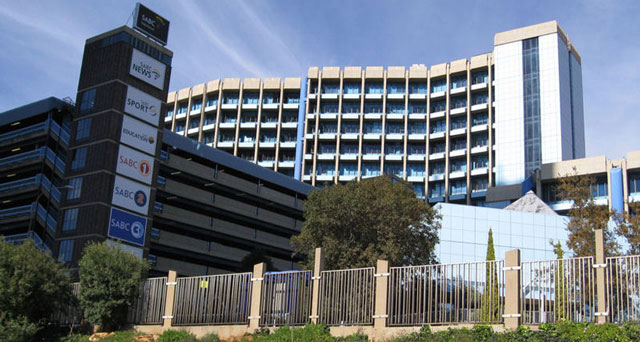
The Media Workers’ Association of South Africa (Mwasa) on Friday welcomed the SABC’s decision to exclude an encryption system based on conditional access in digital set-top boxes.
“This unexpected statement represents a rare glimpse or signs of an SABC regaining consciousness of its role as the premier provider of freely accessible public broadcasting services,” said general secretary Tuwani Gumani in a statement.
While the SABC’s announced position was not new as it was consistent with its public mandate, it did represent a paradigm shift at the broadcaster as it unexpectedly repositioned itself as pro-poor, pro-rural access.
The SABC said in a statement on Thursday: “As a public service broadcaster, we have taken the decision not to support conditional access of set-top boxes, as this is the most suitable option for us as a free-to-air broadcaster. Our services, both television and radio, have always been on a free-to-air basis and going forward this will also be the case for DTT.”
It said that having a set-top box with conditional access would put an extra burden on consumers and drive up the cost of the device.
“Research through benchmarking with other public broadcasters across the world also strengthened our decision, as they do not have conditional access on their services either, which is a standard practice,” the SABC said.
“It must be noted that conditional access is predominantly used by pay-TV operators.”
Mwasa hoped that the announcement would transcend the negativity which had come to be associated with and defined the SABC.
“The SABC has unacceptably hogged the news headlines over far too long a period and largely for the wrong reasons,” said Gumani. “This return to innocence is welcome. It should not be difficult for the SABC to give starved South Africans 70% positive news on the conduct of its own business affairs.”
If such positivity could be sustained, it could transcend all spheres of the corporation’s affairs, including ensuring unconditional respect for the rights of all citizens as enshrined in the constitution.
“There must be equal opportunity and equal access, generally; appointments must be on merit and transparent; freedom of association, of expression, of speech, journalistic independence and artistic freedom must be granted, encouraged and supported,” he said.
It would otherwise be of little value to celebrate the mode of delivery if programme content was of substandard quality and value to citizens.
The SABC said it was ready to launch the DTT service as the infrastructure, content and resources were in place.
The service would provide SABC 1, 2 and 3 as well as its 24-hour news channel. “The SABC will also launch an entertainment channel on the DTT platform.”
SABC group CEO Lulama Mokhobo said the decision against conditional access was not taken lightly.
“Whatever we do as a public service broadcaster, we must ensure that it is in the interest of the public, and we believe that having no conditional access will mean that no South African can ever be denied their right to access.” — Sapa




